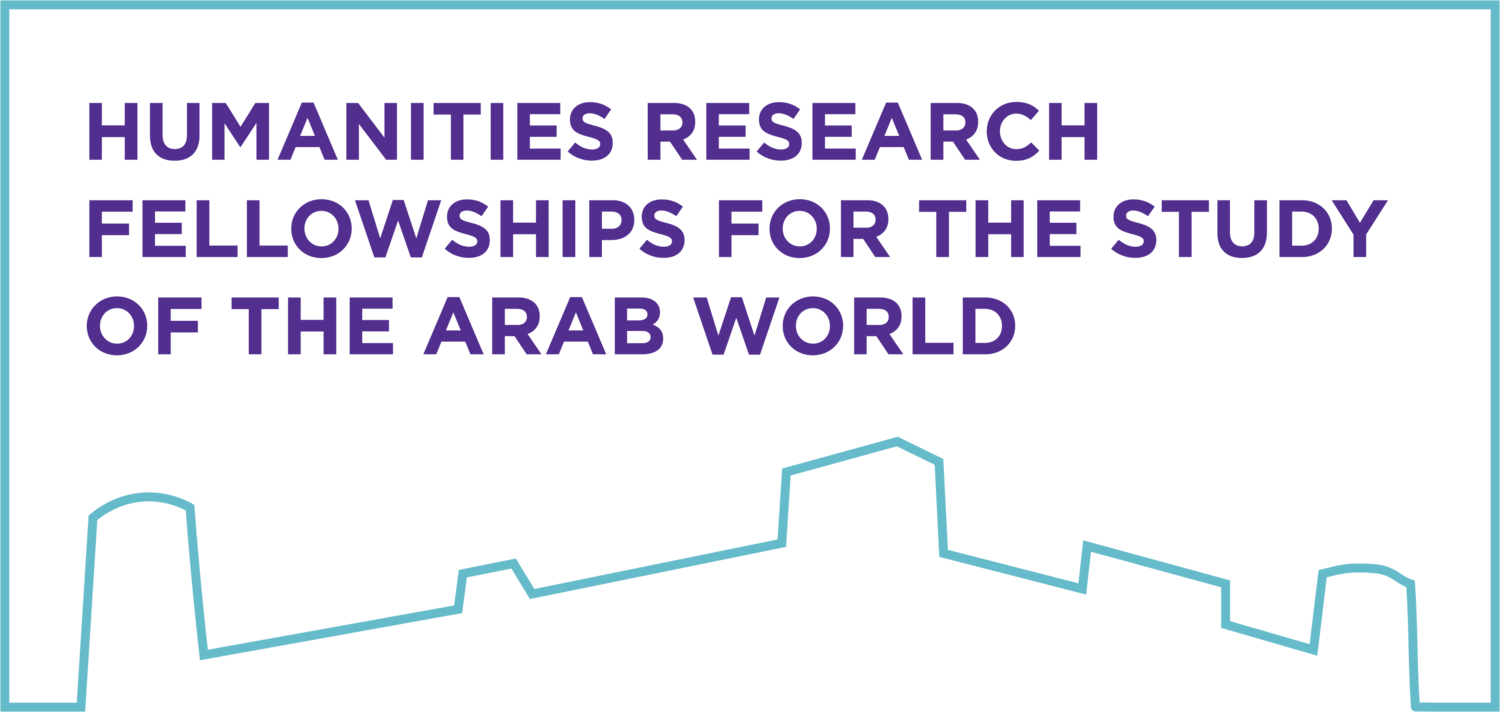Saladin’s reconquest of Jerusalem on October 2, 1187—and the attendant consolidation of his Egypto-Arabian-Syrian empire—is often seen as a high-water mark for Sunni Islam, militarily and institutionally. At his side that day, however, was his primary diplomat, ʿImād al-Dīn al-Iṣfahānī, who had taken advantage of his high-level job to collect material for his 10-manuscript volume poetry anthology, The Pearl of the Palace.
The Pearl of the Palace is in many ways a tribute to Sunnism in the form of the Abbasid caliph and Saladin’s incipient dynasty. But ʿImād al-Dīn also used his side hustle for very personal purposes, giving a platform to family connections, school friends, and bureaucratic colleagues. Trained as a Shāfiʿī legal scholar, his poetry collection highlights a neglected aspect of the culture of madhhab cronyism. Networks of scholars with similar demographic and educational profiles exploited poetry, among other literary tools, as a discursive platform for writing themselves into both Arabic literary history and cushy positions in emerging religio-ideological institutions.
Speakers
Nathaniel Miller, Humanities Research Fellow, NYUAD
Moderated by
Maurice Pomerantz, Program Head, Arab Crossroads Studies; Associate Professor of Literature, NYUAD

